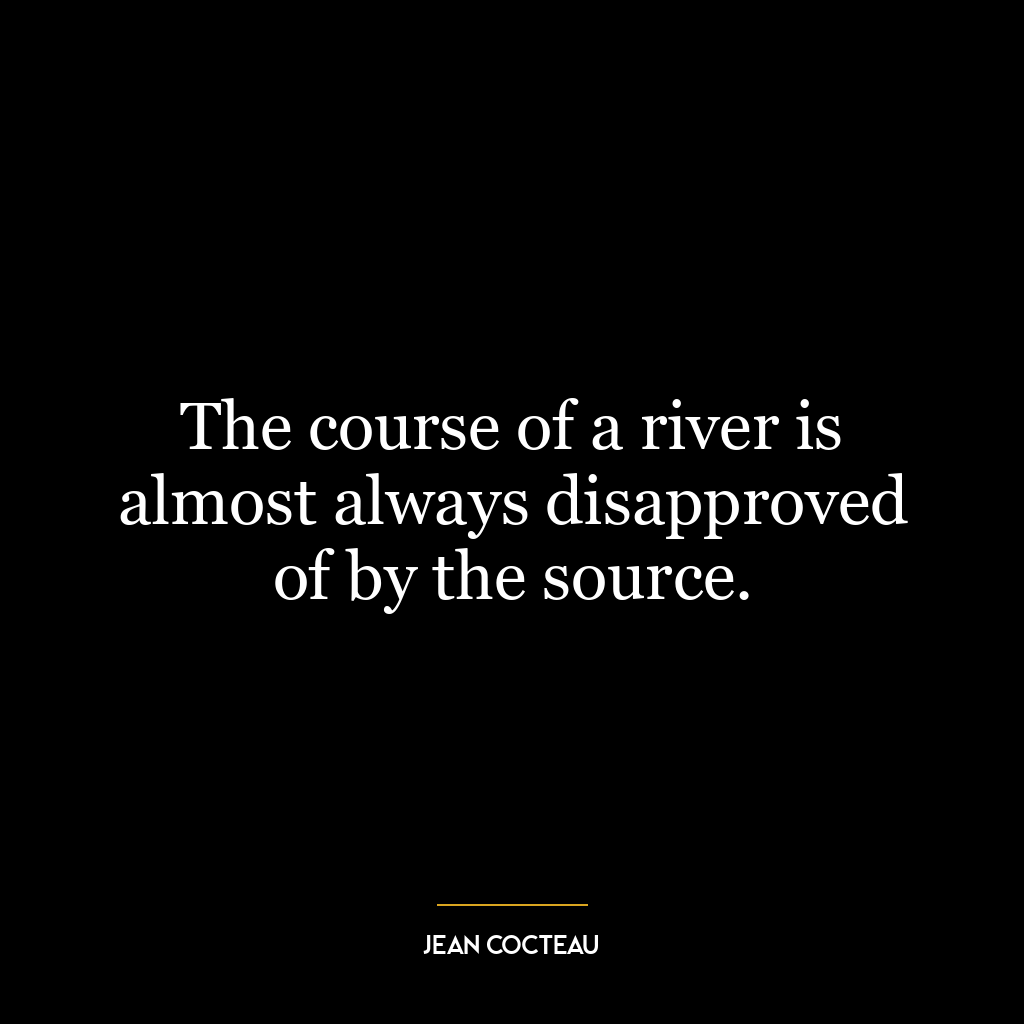The wise man will want to be ever with him who is better than himself.
This quote emphasizes the importance of surrounding oneself with people who are better in some way, as it encourages personal growth and self-improvement. The ‘wise man’ in this context is not necessarily someone who already knows everything, but rather someone who understands the value of continuous learning and self-improvement. This person seeks out those who are ‘better’ than him, not to compete with them, but to learn from them. ‘Better’ here does not necessarily mean superior in every aspect, but rather possessing qualities, skills, or knowledge that the ‘wise man’ lacks or seeks to improve within himself.
In today’s world, this idea is still very relevant. In the context of personal development, it suggests that we should actively seek out mentors, role models, and peers who challenge us, inspire us, and push us to become better. This could be in a professional setting where one might seek a mentor who excels in their field, or in a personal setting where one might surround themselves with people who embody qualities they aspire to, such as kindness, patience, resilience, etc.
In the era of social media, it’s easy to fall into the trap of comparing ourselves with others and feeling inferior. However, Plato’s quote encourages a healthier perspective: to view these ‘better’ individuals not as threats, but as opportunities for learning and growth.
Moreover, this quote also suggests that wisdom involves humility – recognizing that there is always someone from whom we can learn, and that we should always be open to learning, growing, and improving. This is a valuable mindset in any era, but perhaps especially so in today’s rapidly changing world, where lifelong learning and adaptability are increasingly important.








